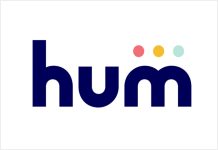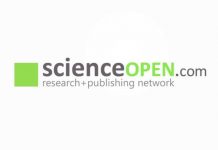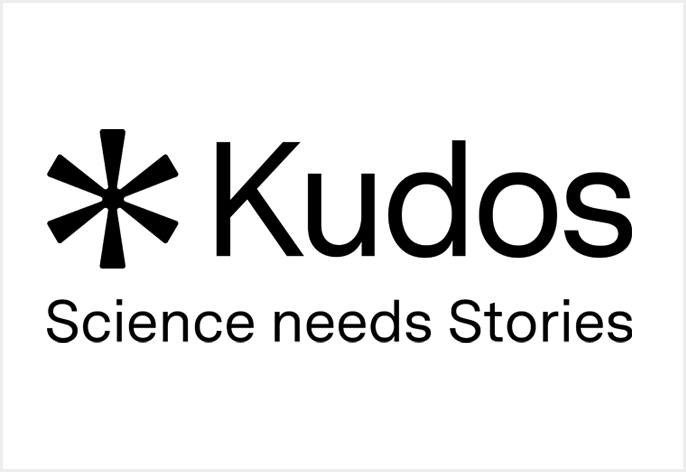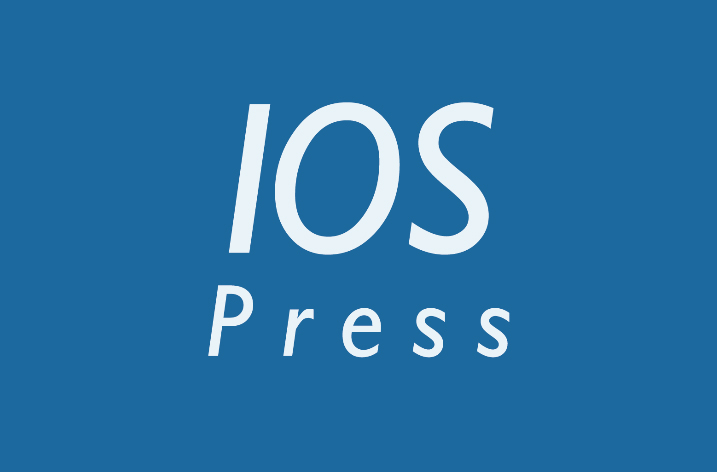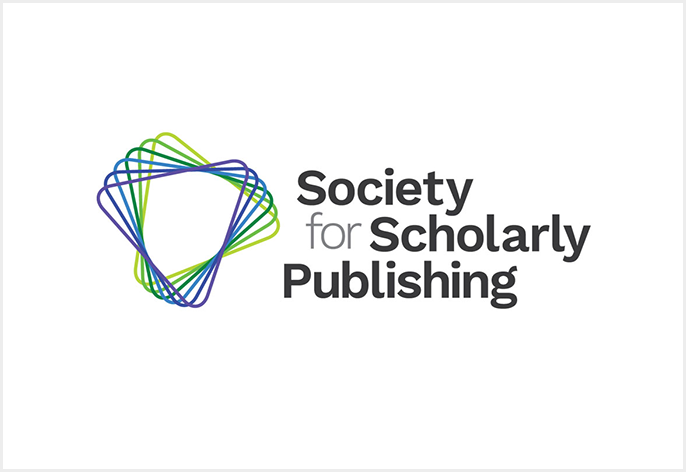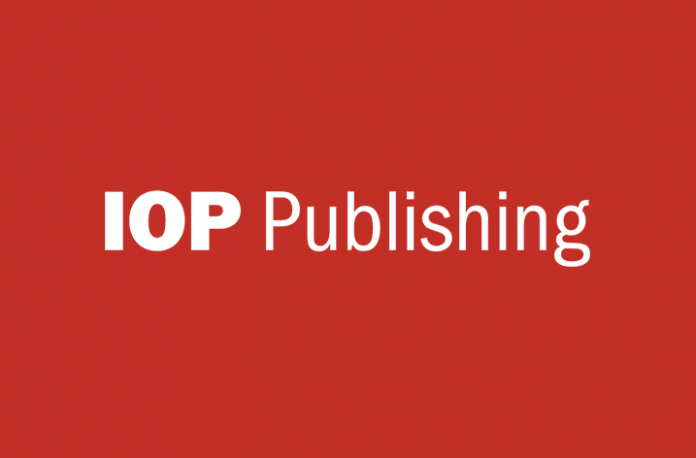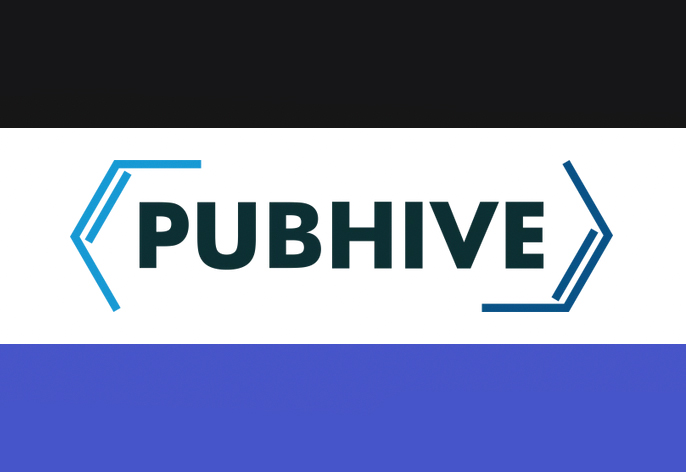Kudos, the platform for showcasing research, is pleased to announce the appointment of Richard Baxter as Managing Director, effective May 19, 2025. Richard succeeds Melinda Kenneway, co-founder and CEO for the past 12 years, who will continue to be actively involved in the company as it enters its next phase of growth.
Melinda, who co-founded Kudos with Charlie Rapple and David Sommer in 2013, has led the company from inception to its current position as a trusted partner to research organisations worldwide. Her vision of making research more accessible, understandable, and impactful has been a driving force behind Kudos’ mission and success.
“I started Kudos because I saw a job that needed doing — communicating stories around research to demonstrate the potential, and engage broader audiences with the value that researchers, their institutions, publishers and funders bring to the world,” said Melinda Kenneway. “Over the past 12 years, we’ve built a platform that supports that goal through clear, accessible communication. Now, as the need for research engagement continues to grow, I’m excited to welcome Richard, whose experience and values are a perfect fit for broadening the application and uptake of Kudos.”
Richard Baxter brings a wealth of experience to Kudos, with a career spanning medical communications, healthcare, biotech and life sciences. He has held high level positions in the pharmaceutical sector, notably at AstraZeneca, and in medical communications agencies, including Managing Director roles with IPGH (CMC Affinity) and Ashfield (iMed & QXV Communications & Watermeadow). His track record in growing early-stage and small companies, combined with a strong alignment with Kudos’ culture and mission, make him ideally suited to lead the company’s next chapter.
“I’m thrilled to be joining Kudos at such an exciting time,” said Richard Baxter. “The company has a unique and important mission — to ensure more people can find, understand and benefit from research. I’m looking forward to building on the fantastic foundation laid by Melinda, David, Charlie and the team, and to exploring new partnerships and innovations that will further amplify the impact of research worldwide.”
Alison Forrestal, Chair of the Kudos Board, commented: “We are delighted to welcome Richard to the team. His leadership will help the company scale its services and extend its reach across the research, publishing and corporate sectors. On behalf of the board, I also want to express our immense gratitude to Melinda for her vision, commitment and exceptional leadership over the past 12 years.”
Melinda will continue to be actively involved in Kudos, while also pursuing creative ambitions in the arts. Her co-founders Charlie Rapple and David Sommer remain fully involved and look forward to working closely with Richard in this exciting new chapter.






